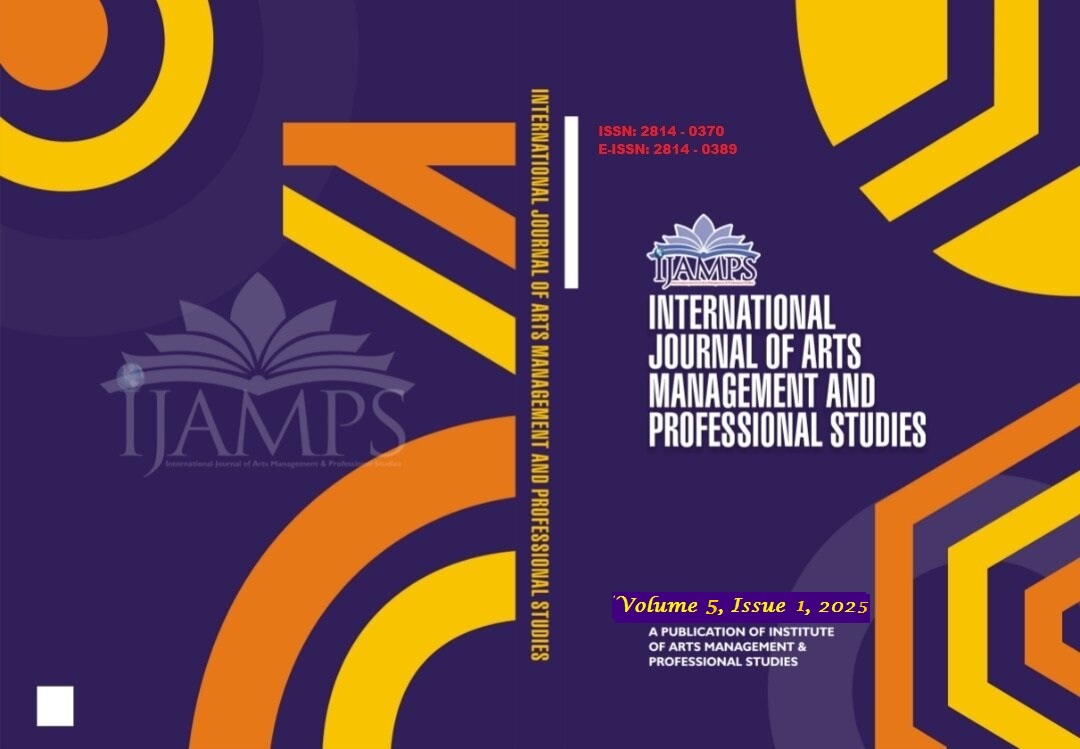
UNDERSTANDING ENTREPRENEURIAL MINDSET AND DEXTERITY ACQUISITION OF GRADUATES OF PUBLIC UNIVERSITIES IN CROSS RIVER STATE, NIGERIA
UDANG, JOSEPH AKOR Udangjosephak@gmail.com 08032960834 Department Of Educational Management, Faculty Of Educational Foundation Studies, University Of Calabar, Calabar & AKOR, BLISS UNIMASHI Akorbliss001@gmail.com Faculty Of Law, University Of Calabar,
Volume 5, Issue 1, March 2025
The study investigated Understanding Entrepreneurial Mindset and Dexterity Acquisition of Graduates of Public Universities in Cross River State, Nigeria. To achieve this purpose, two research questions were raised and two null hypotheses were formulated and tested. Survey research design was adopted for the study. Stratified random sampling was used for the sample of 180 participants across the four faculties of the public universities in the study location. A 12 items questionnaire title; (Understanding Entrepreneurial Mindset and Dexterity Acquisition of Graduates of Public Universities Questionnaire) was developed for data collection. The instrument was subjected for face validity by the experts in the Educational Measurement and Evaluation. The reliability estimate of different segments of the instrument were established which ranged from 0.73 to 0.89. Mean and standard deviation was involved while Pearson Product Moment Correlation was used to analysed the hypotheses. All hypotheses were tested at .5 level of significance. The result of the analysis revealed that Understanding Entrepreneurial Mindset in plethora dimensions is significant predictors of dexterity acquisition of graduates of public institutions. It was concluded that the result has a perfect or strong positive correlation of the variables used in the study. Based on the findings of the study, it was recommended, among others that government and tertiary institutions should intensify efforts on dexterity acquisition of practical skills of every student before graduation, irrespective of the course of study in terms of skills acquisition of individuals in the study area.